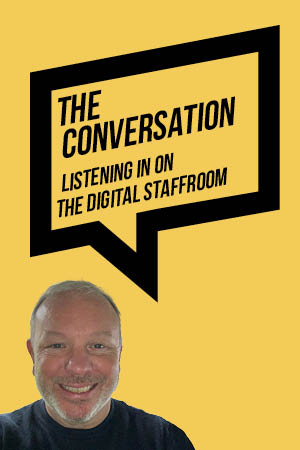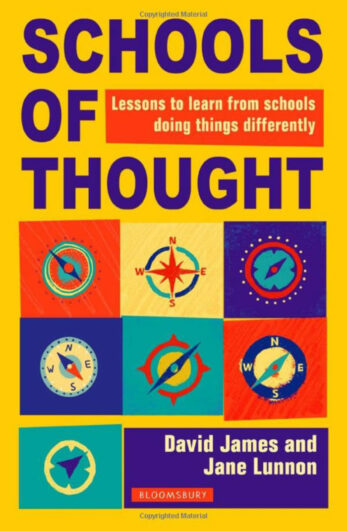Our guest reviewer of the week is Andrew Old, teacher and blogger @oldandrewuk
What I learned from ungraded lesson observations
By @frogphilp
A deputy headteacher in a primary school describes lesson observations in which no grades are given. While some teachers still want to be graded, he notes several advantages to observing without giving grades. Teachers appear to be more open and honest, avoiding following a formula or hiding their weaknesses. The writer also feels that the insight in his feedback has improved, as he can be less judgmental and more focused on the learning in the class.
Sugatra Mitra and Ken Robinson
An experienced Australian teacher aims his sights on Sir Ken Robinson and Sugatra Mitra, two education gurus who are lauded by many, but whose basic messages can be interpreted as hostile to actual teachers and the art of teaching. The writer despairs at “thousands of teachers applauding a man who had very nicely told them they had been approaching their life’s vocation completely the wrong way” and is equally unhappy at Mitra’s suggestion that children can learn effectively from the internet without being taught.
Character Education is a Waste of Time
In a post prompted by a public debate on teaching character, a drama teacher argues that he, and many other teachers, have already been teaching character to their students through the curriculum, particularly the arts. This does more for students’ development of virtues than formal lessons on character: “Separate lessons in character are wrong-headed because they will further narrow the already narrowed curriculum. School should help us reflect on who we are and what it is to be human, rather than give us an arbitrary list of state sponsored or company sponsored virtues…”
Anyone who doesn’t clap must be taken outside and shot
By http://thequirkyteacher.wordpress.com/
This blogpost, by the most controversial blogger in primary education, is a polemic against the use of rewards that are little more than bribes to get badly behaved or unmotivated children to comply. “The final result, after years of clapping in assemblies where thousands of certificates are given out, is utter sadness as the low achievers finally realise it was all a con: when they don’t get a job with mediocre exam grades, when they don’t get a pay rise just for turning the computer on and when they realise they are not fantastic after all.”
Engagement. Teach children how to engage
by @ManYanaEd
In a post about the emphasis currently given to “engagement”, an education consultant argues that there is a difference between “engaging with the task and engaging with the learning”. The writer argues that it is a mistake to give a high priority to presenting students with enjoyable activities, when it is learning that they must actually engage with.
“We need a way of getting children to learn because they have the skills to learn, not because the teacher has managed to create a fireworks lesson which, I believe, might well distract from the learning rather than add to it.”
How to get booked for primary teaching conferences – an idiot’s guide.
This is a deputy headteacher’s guide to the common elements of the worst presentations he’s seen at primary education conferences. He recommends 25 features for those determined to be mediocre, including clichés (“Remind people that it’s all about the kids”), scapegoats (Michael Gove, Ofsted, secondary schools) and really terrible PowerPoints. While acknowledging some of the good speakers he’s heard, he wonders why audiences are happy to hear the same ideas and phrases endlessly recycled. Many of the points might also be familiar to secondary teachers, or those who read teachers’ blogs.








Your thoughts